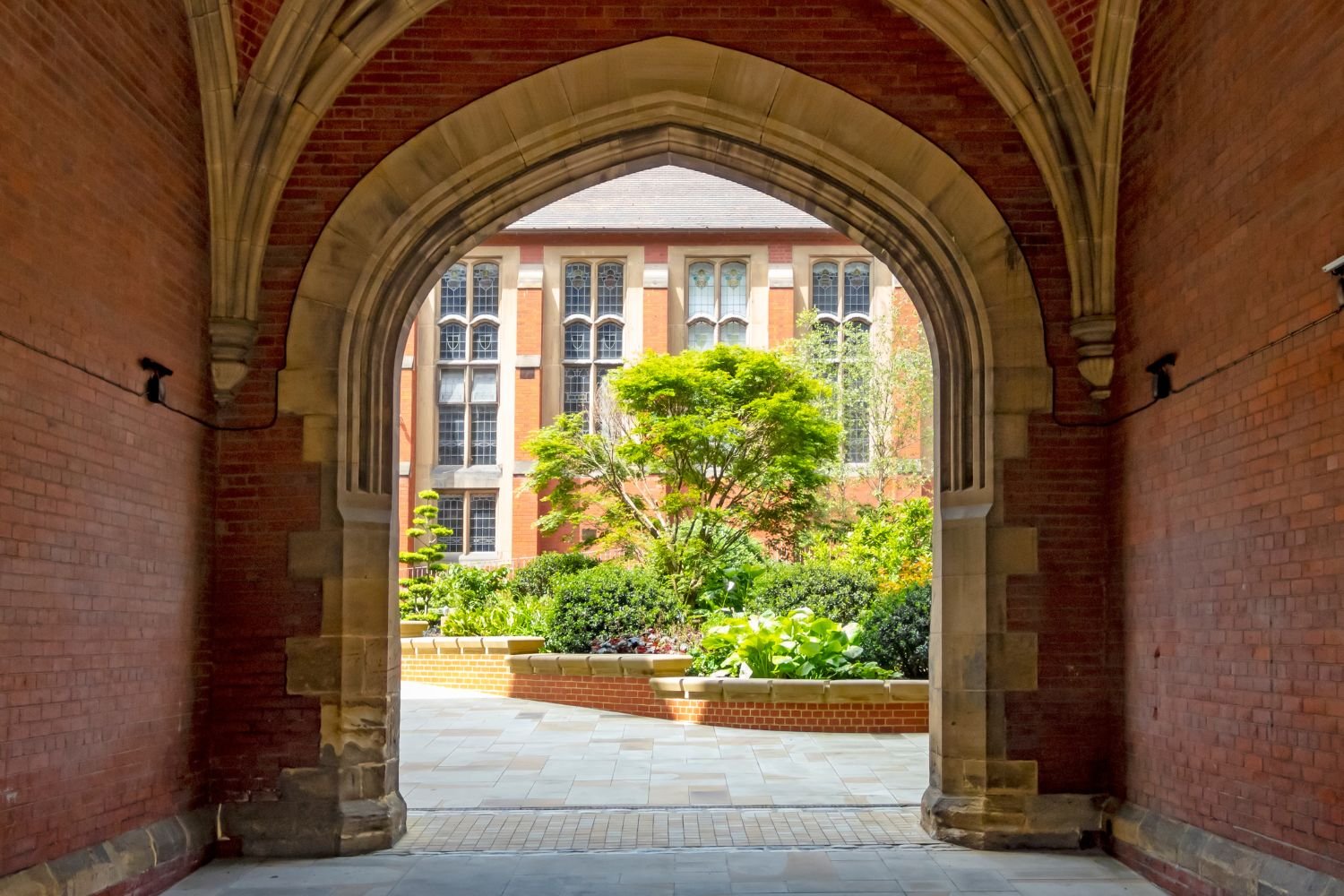Articles
Something new (nearly) every week!
Search all articles

We need to talk about The Russell Group
Have you heard of the Russell Group? If you’re just at the start of your decision-making journey, you might not have. But rest assured, as you start to investigate your university options, it’s going to crop up!
The Russell Group, you see, is a group of 24 universities regarded by many as being the top universities; the most prestigious universities; the universities that the best students should be applying to.
They formed in 1994 as a group of 17 research intensive universities after a handful of informal meetings at the Russell Hotel in Russell Square*. They now have a membership of 24, including Oxford, Cambridge, Imperial, Manchester, Southampton and Liverpool, amongst others.

Just how ambitious should you be with your initial five UCAS choices?
The basic principle behind the UCAS system is that it balances the need for students to have a range of choices when they apply, with the need for universities to have some kind of predictability in working out how many offers to make. So, for many years, students have been able to make up to five choices. Any more, and the universities will simply be swamped with applications that are not realistic or necessary. Any less and you could run the risk of not getting an offer of a place that suits you.
The system works reasonably well most of the time, provided students are realistic with their applications, and provided universities are transparent with their entry criteria, and consistent with their offers. This year nearly 79% of A-level students secured their firm choice (ie. their first choice course), while 12% got into their insurance choice.
So, how do you make sure the system works well for you? How do you turn all that research, all those possible choices, into a list of five courses on your application form that gives you the best chance of getting into a course that you really want to do? Is it as simple as listing your five favourite courses? I’m afraid not. But neither is it some dark art where you need to have some amazing insight and specialist knowledge to get it right. Just read on, and I’ll try to make it as simple as possible.

Embrace the chaos: Nietzsche and choosing a university
Ever read any Nietzsche? Nope? Me neither! But I have read a little bit about Nietzsche, and one of his ideas particularly resonated with me when it comes to choosing a university. The quote that caught my eye was this:
“You must still have chaos in you to be able to give birth to a dancing star”.

When is a top university not a top university?
Back in the spring, I used to keep seeing an advert on Facebook suggesting I should study for a British Masters degree at the “9th Best University in the UK”. The university in question was Liverpool John Moores University.
Now, I mean no disrespect to Liverpool John Moores, but it is not a university that has troubled the top 10 in any of the major league tables, so I was naturally curious about this claim to be ninth best? By what measure were they making this claim?
Well, the small print on the advert gave the source…

Virtual open days vs. Physical open days: Which are better for you?
It’s coming up to open day season at UK universities, with most universities offering the chance for you to visit their campuses during June, July, September and October. These events can attract anything from a few hundred to a few thousand visitors and are designed so you can get a feel for their university, learn about their courses, facilities and student life, and generally help you make informed decisions before you apply.
